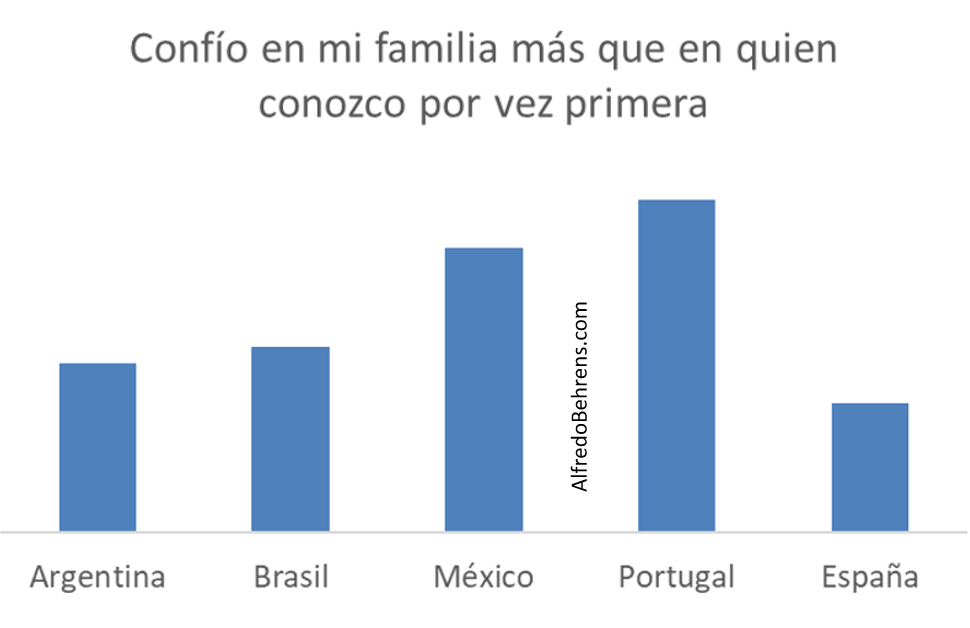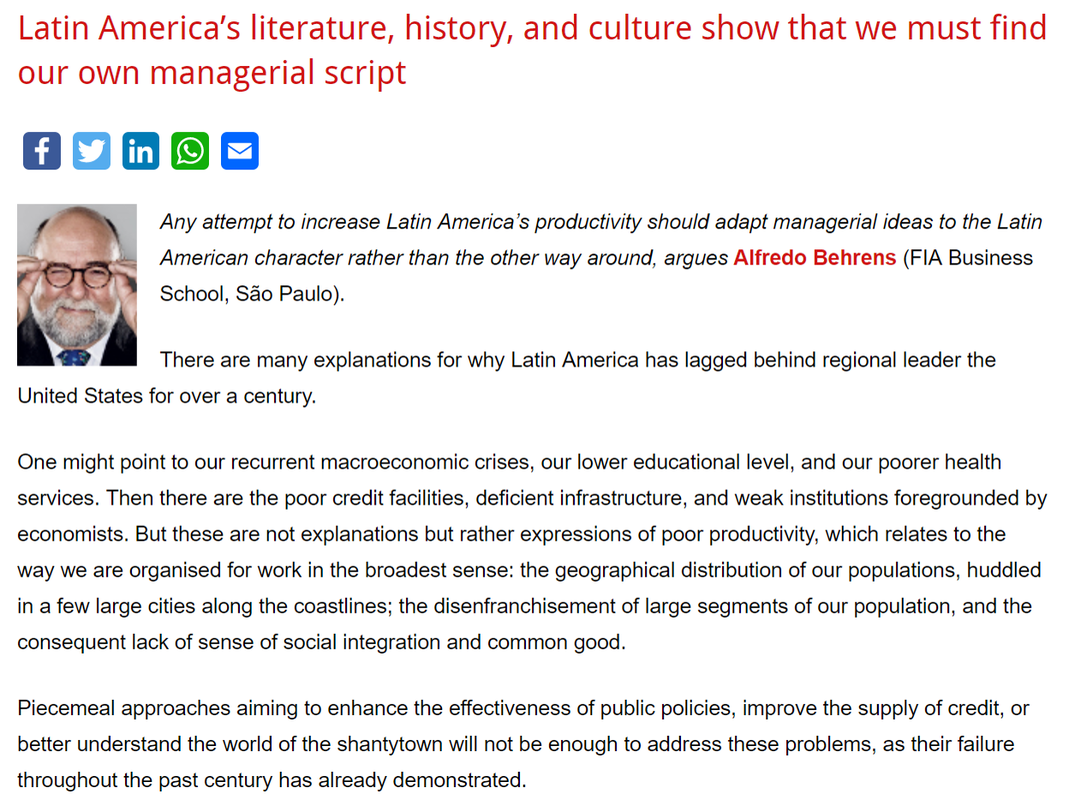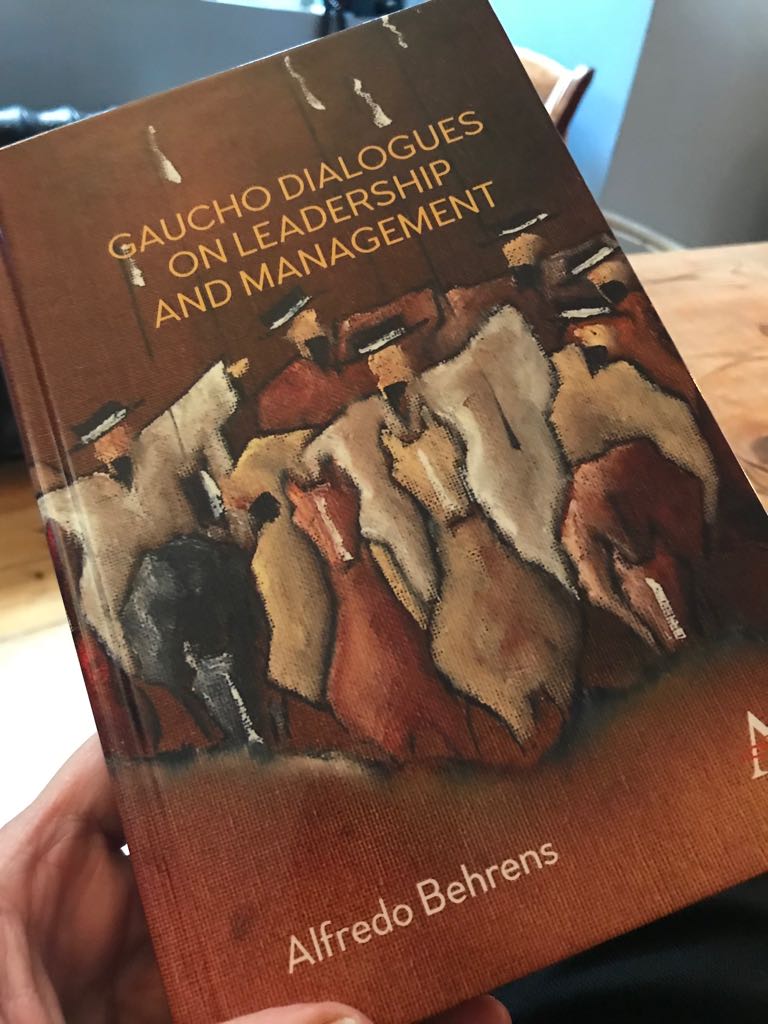One-liner: Too early to die, almost too late to live
Genre: historical romance taking a young English scientist to the Amazon, where his scientific endeavour couples with falling in love with a native but is thrown into a cell with a French scientist. These two immediately square off and taunt each other’s mindset but develop a bond laced with defiance, intrigue, and loyalty, which is renewed when they both meet again in Europe.
Target market: men and women 25 and over
Setting: Amazon, London, Paris, mid-19th century
Characters:
Edward Swann (33), a British naturalist
Jean Godin des Odonais (35), French cartographer
Mary Anne (28), Edward’s British fiancé turned wife.
Bonita (20), a Yanomami native, more than Edward’s mistress in the Amazon.
Letitia (5), Bonita’s daughter, possibly fathered by Edward.
Other characters
Delegado Lacerda, the corrupt, xenophobic judge, Brazil
British consul in Pará, Brazil
Ferreira, Edward’s partner in the gold and diamond smuggling
Edward’s crew of two and suppliers.
Plot
Edward (33) has sought adventure as a way to escape from the shade of a prestigious British historian. However, Edward's adventurous background proved a handicap to marrying MARY ANNE (28), whose father got rich in real estate.
In the mid-nineteenth century, Edward heads to the Amazon to beat Darwin's evolution, hoping that the feat might earn his acceptance by his girlfriend's father. Yet, only a few weeks into the Amazon, Edward falls into a rapturous love affair with Bonita (20), a native Yanomami.
Unfortunately, a corrupt Delegado accuses Edward of spying for the British. Edward is locked-up, and the Delegado impounds his schooner and scientific equipment, effectively putting an end to the alleged goal of Edward's presence on the Amazon.
Edward feels orphaned of his name, his rights, and his future. However, Edward is not alone; he shares his cesspit cell with Jean (35), a French naturalist also accused of spying. Edward and Jean's differing mindsets are exacerbated in the cesspit by the stench, humidity, heat, and the frustration of seemingly endless imprisonment. Nonetheless, Edward and Jean develop an intellectual bond. They share their outlooks on local biology and world views until Edward grows ill and appears likely to die in the cell. The Delegado has Edward ferried to the provincial capital, where the British consul arranges for a suspended sentence but urges Edward to find his way back to England soonest.
Jean was lonely and disheartened in prison. He was caught returning to Ecuador from Cayenne where he went down the Amazon to get the papers that would allow him to live in France with his Ecuadorian wife. Jean is a scientific collaborator of La Condamine's team, who discovered the Amazonian latex tree, enough to render Jean a spy in the eyes of the graft-seeking Delegado.
A weakened Edward feels defeated. His research on evolution withered and, with it, his chance of earning acceptance by MARY ANNE´s father. On the other hand, Edward feels he loves Bonita, whose fragrance reflects the rainforest's freshness. At the same time, Edward is enraged by the unfair and petty interpretation of the law by the Delegado.
Fearing Edward might soon get himself and him into more trouble, the consul has Edward abducted and secretly ferried to a ship headed for Southampton. The ship's captain is in cahoots with Portuguese gold and diamond smugglers. Sensing Edward's weakened scientific prospects but sizeable London connections, the captain invites Edward to join his family's smuggling business.
Edward joins the smuggling business and marries MARY ANNE, but his adventurous nature makes him restless. EDWARD keeps insisting on his claim against Brazil making MARY ANNE suspect there is more than financial loss in EDWARD’s incapacity to reach closure with his Amazonian adventure.
In the meantime, Edward learns JEAN survived his imprisonment and is now a respected scientist living in Paris. Both men renew their bonds in greater transparency: they admit to each other that they indeed were spies while in the Amazon. Jean admits he denounced Edward to the Delegado as a British agent seeking navigation rights on the Amazon to secure timber, access to which would have strengthened the British Navy. Jean also confides to Edward that might have fathered Letitia to Bonita. The latter married an English crewmember of Edward's failed expedition, and the new family will soon move to Scotland.
By this time, Edward was bored with his married bourgeois life and immersed in finance. Edward awakens to the lost urge he had found in the Amazon. Jean recommends he forget his Amazonian delirious love affair, offers to coach Edward back into scientific recognition, and accepts tutoring Letitia's education, financed by an anonymous trust fund set up by Edward.
As Letitia grows, so does her resemblance to Edward, including in her restlessness and curiosity. When Letitia is admitted to Girton College, Cambridge, JEAN arranges for her to meet Edward. Jean introduces Edward, as an old Amazonian acquaintance of her parents, now also a British Royal Society fellow.
for more, write the author: [email protected]




 RSS Feed
RSS Feed